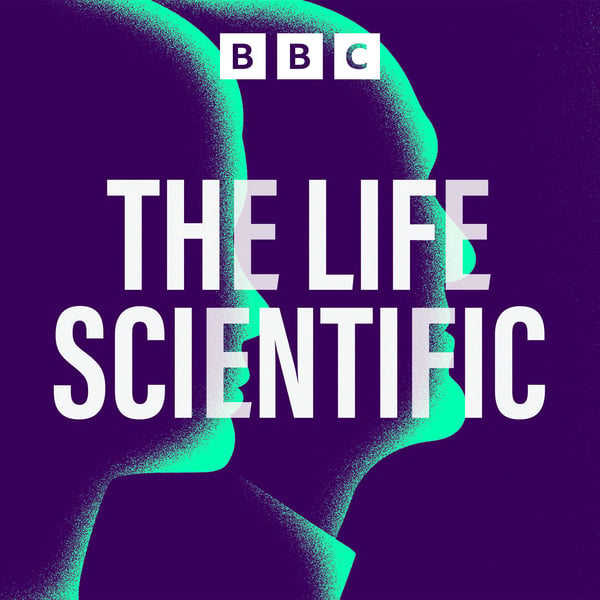Sheila Willis on using science to help solve crime
The Life Scientific
BBC
4.6 • 1.4K Ratings
🗓️ 27 March 2024
⏱️ 29 minutes
🧾️ Download transcript
Summary
Dr Sheila Willis is a forensic scientist who was Director General of Forensic Science Ireland for many years.
She has spent her life using science to help solve cases, working on crime scenes and then analysing material in the lab, and presenting scientific evidence in court.
It’s a complicated business. Forensic science relies on powerful technology, such as DNA analysis, but it cannot be that alone - it’s also about human judgement, logical reasoning and asking the right questions.
It is these fundamentals of forensic science that Sheila has fought for through her long career and what she fears may be becoming lost from the field now.
We find out what happens when the two very different worlds of science and the law clash in the courtroom. How to walk the line of presenting scientific evidence where there is pressure to be definitive where often science cannot be - and what this part of the job has in common with food packaging.
And what makes a good forensic scientist?
We’ll turn the studio at London’s Broadcasting House into a live crime scene to see if host Professor Jim Al-Khalili would be any good as a forensic investigator…
Produced by Gerry Holt
Transcript
Click on a timestamp to play from that location
| 0:00.0 | Just before this BBC podcast gets underway, here's something you may not know. |
| 0:04.6 | My name's Linda Davies and I commission podcast for BBC Sounds. |
| 0:08.4 | As you'd expect, at the BBC we make podcasts of the very highest quality featuring the most knowledgeable |
| 0:14.3 | experts and genuinely engaging voices. What you may not know is that the BBC |
| 0:20.4 | makes podcasts about all kinds of things like pop stars, |
| 0:24.6 | poltergeist, cricket, and conspiracy theories and that's just a few examples. |
| 0:29.7 | If you'd like to discover something a little bit unexpected, find your next podcast over at BBC Sounds. |
| 0:36.0 | Hello and welcome to the podcast edition of The Life Scientific. |
| 0:40.0 | I'm Jim Alkulele and this is the show where I get to talk with some of the world's leading scientists |
| 0:44.8 | and you get to find out what drives them. |
| 0:47.2 | So sit back, get comfortable and enjoy the episode. |
| 0:50.7 | Picture the scene. |
| 0:51.9 | Plain clothes police swarm over a blood-spattered alleyway sealed off with striped tape. |
| 0:57.0 | Next, the action moves to a pristine white-walled laboratory filled with white-coated technicians. |
| 1:03.6 | Then it's onto a wood-paneled courtroom |
| 1:06.0 | with the eyes of a jury fixed on a smartly dressed scientific expert. |
| 1:10.4 | Of course, this is how we often see the process |
| 1:12.2 | of forensic science imagined in books and on TV. |
| 1:15.0 | It's also depicted as black and white as right versus wrong, guilty or not guilty. |
| 1:20.0 | But as we know science is more often about shades of gray. It's about uncertainty and |
| 1:26.2 | the things we don't know rather than what we do. So what happens when these two very |
| 1:31.4 | different worlds collide, the world of science and the law. |
... |
Please login to see the full transcript.
Disclaimer: The podcast and artwork embedded on this page are from BBC, and are the property of its owner and not affiliated with or endorsed by Tapesearch.
Generated transcripts are the property of BBC and are distributed freely under the Fair Use doctrine. Transcripts generated by Tapesearch are not guaranteed to be accurate.
Copyright © Tapesearch 2025.

